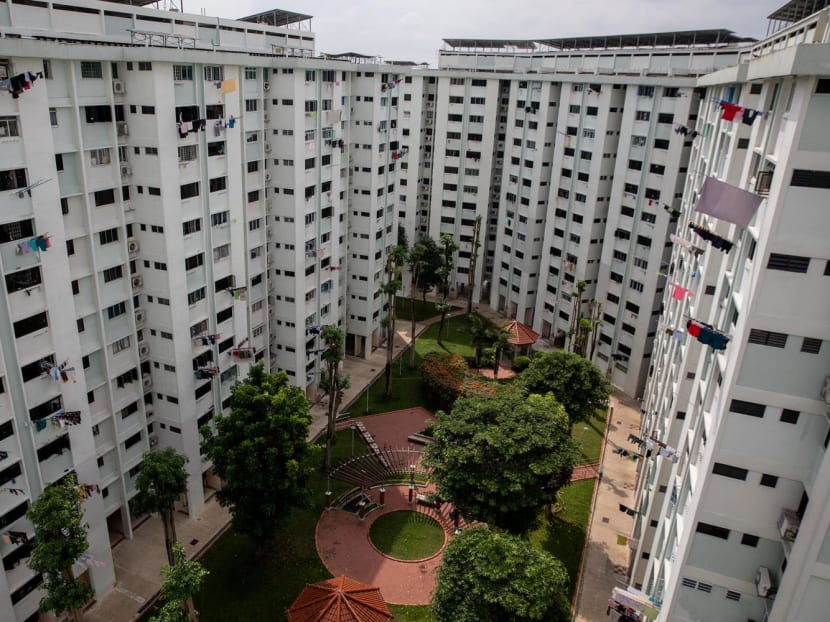POV: What Govt can learn from Ang Mo Kio Sers exercise
Some residents remain in a state of shock and anger to understand, accept, and decide what they should do next. This begs the question: could things have been done differently to ease the emotional roller-coaster ride for residents?
Redevelopment projects are always tricky. It isn’t just a matter of demolishing to build anew — residents are uprooted from familiar surroundings, which is particularly emotional for seniors.
But the latest Selective En bloc Redevelopment Scheme (Sers) in Ang Mo Kio appears to have triggered a louder outcry than previous ones.
Some factors cited: The flats are older with shorter balance lease, and the owners too are older, which makes it harder for them to obtain or service mortgage loans.
Also, many are upset at having to fork out up to S$100,000 for similar-sized flats.
The Housing and Development Board (HDB) has offered two new options, including new flats on shorter leases thus lowering the need for price top-ups.
But based on TODAY’s interviews with residents, some remain in a state of shock and anger to understand, accept, and decide what they should do next.
This begs the question: Could things have been done differently to ease the emotional roller-coaster ride for residents?
For instance, National Development Minister Desmond Lee told Parliament on Monday that the Government "had been studying variations of shorter term ownership options for older home-owners involved in Sers exercises".
If so, could it have offered them from the start? Would that have assuaged financial concerns among residents, on top of dealing with emotions at having to move?
Some might say the furore would still have occurred and the Government might then be compelled to push out even more policy options.
But checks with grassroots leaders, Members of Parliament, or property analysts could better inform HDB whether to offer the options upfront.
We don't know if this was done but the perception now is that it was caught off-guard by the residents' reaction, which if true, may warrant a relook of its feedback mechanism.
Second, telling the residents exactly why the Government needs to take over their home would go some way to affording them some closure, even if they may not agree to it.
That could explain the relatively muted reaction among Marsiling residents, who have been told in an earlier land acquisition exercise this year that the land will be used for expansion of the Woodlands Checkpoint.
In contrast, Ang Mo Kio residents have been told that the exercise is "part of the Government's overall efforts to renew older estates".
Third, offering the option of delay in the event that a majority of residents are opposed to the scheme could be helpful. It can give them more time to consider their options.
Going forward, while new Sers projects will be very rare, each could continue to be as emotional if not more, with ageing HDB flats and a greying population.
While there’s no pleasing everyone, and redevelopment is necessary, gleaning lessons from this exercise could help get more buy-in.












